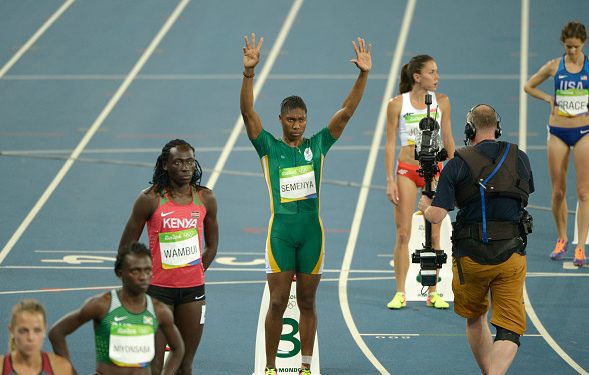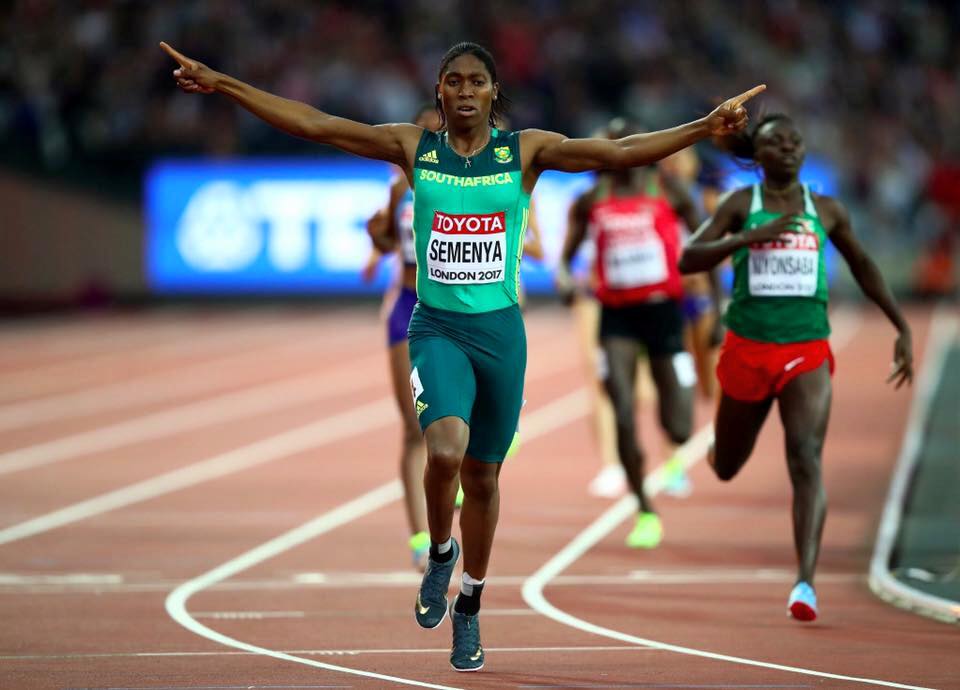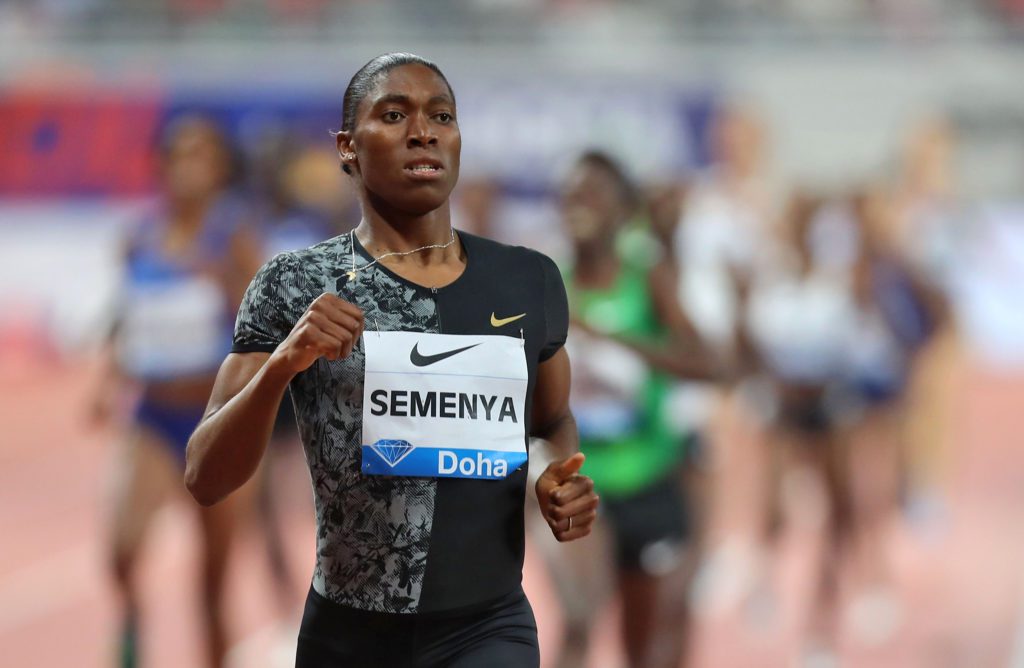Full CAS report on Semenya testosterone case made public
The full report of the CAS decision in favour of the IAAF's testosterone rule details all of the evidence presented by both sides

The Court of Arbitration for Sport (CAS) has now made public its full, 163-page report on the Caster Semenya decision regarding female DSD athletes with high testosterone racing in the restricted events from 400m to the mile, which was announced on May 1, 2019. A panel of three judges voted 2-1 in favour of the IAAF and against Semenya, with some caveats. Semenya and Athletics South Africa (ASA) have appealed the decision to the Swiss Federal Tribunal, which has said it will issue a decision on June 25.
RELATED: The Shakeout Podcast: Caster Semenya: Testosterone, the IAAF and the fight to run (Part 2)

The report details all of the evidence brought by both Semenya and the ASA on one side and the IAAF on the other, in a case involving what has become the most hotly contested issue in world athletics. It also identifies the three panellists who brought down the 2-1 decision. They are:
- panel president the Hon. Dr. Annabelle Bennett, chancellor of Australia’s Bond University and a former judge of the federal court of Australia
- Swiss lawyer Dr. Hans Nater
- the Canadian former sprinter, Olympian and judge, the Hon. Hugh Fraser
In an article for LetsRun.com, 1968 Boston Marathon champion and former Runners World editor Amby Burfoot has distilled the essence of the lengthy report. Some highlights Burfoot points out:

- The CAS declined to deal with the issue of human rights raised by the Semenya side, though this could still be challenged in other courts. Burfoot points out that no one, including the IAAF, disputes that the rules are discriminatory, but defends the discrimination as reasonable and necessary to protect female athletics.

- It’s still not clear whether female athletes with DSD can reliably maintain their T (testosterone) at a maximum 5 nmol/L (as required by the testosterone rule) by taking oral contraceptives. Semenya says that when she took oral contraceptives in the past (before the CAS struck down the requirement in the Dutee Chand case in 2015), her T fluctuated between 0.5 and 7.85 nmol/L. On May 7 the IAAF softened the rule to allow for “temporary and inadvertent non-compliance.”
Be whoever you want to be and be true to yourself, @nikerunning pic.twitter.com/6T5u1Ampuw
— Caster Semenya (@caster800m) June 17, 2019
- The CAS apologized for the IAAF’s use of the term “biologically male,” which has been attacked by Semenya as inaccurate and offensive, and suggested that going forward, more neutral terminology such as “sports sex” or “gonadal biology” would be used to describe women with DSD and high T such as Semenya, who are affected by the testosterone rule.
Semenya will race the 800m at the Prefontaine Classic in California on June 30.
RELATED: Semenya to race 800m at Pre Classic on June 30


